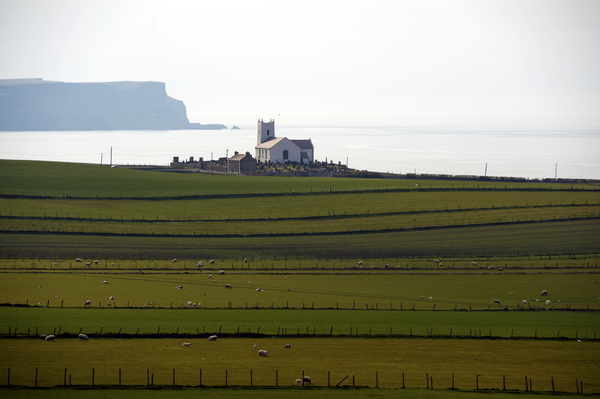The prospect of Brexit faces the food and farming industries with an acute labour crisis. This compounds their long term difficulty attracting UK workers into both lower and higher skilled jobs. While the recruitment challenge facing these sectors is particularly steep, other rural businesses, including in tourism, leisure and local services, have also struggled with low-pay, seasonality and remoteness. As younger people leave, services dwindle and older people bring new wealth and demands, the effect has been described as a two-tier countryside. Yet the countryside, and food, farming and rural businesses, are well-placed to offer the social purpose, hands-on skills, community and access to nature that many young people crave in their work and lives. What would it take to activate this potential? With the changing nature of work, how do we generate and sustain good and meaningful work, in the food and farming sectors and in rural communities – jobs and careers with security, progressions and fulfilment?
-
Where are businesses in these sectors already restructuring to become employers of choice, for example offering employee ownership, affordable housing, enhanced job diversity and career progression, or other benefits?
-
What form of place-based partnerships, for example between businesses, local authorities, developers, conservation groups, colleges and universities, are best able to support the development of sustainable rural economies? Where LEPs aren’t already achieving this, why not?
-
What’s a role for central Government to respond, beyond the short-term calls to guarantee access to migrant workers? How can it better align policies in other areas, such as skills development, higher education, social security, or research and innovation?
-
How can the business and economic case be made to potential investors and new businesses? Can rural development funds, the apprenticeship levy or Shared Prosperity Fund help? And how will new working practices, enabled by new technologies, affect the future of work in this sector and in rural communities?


